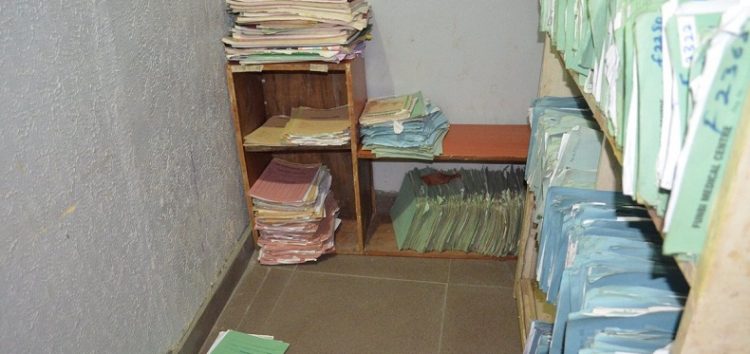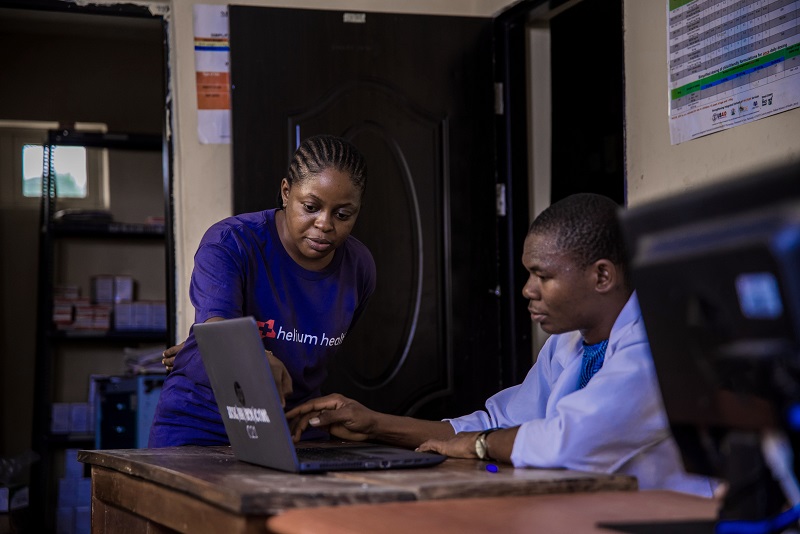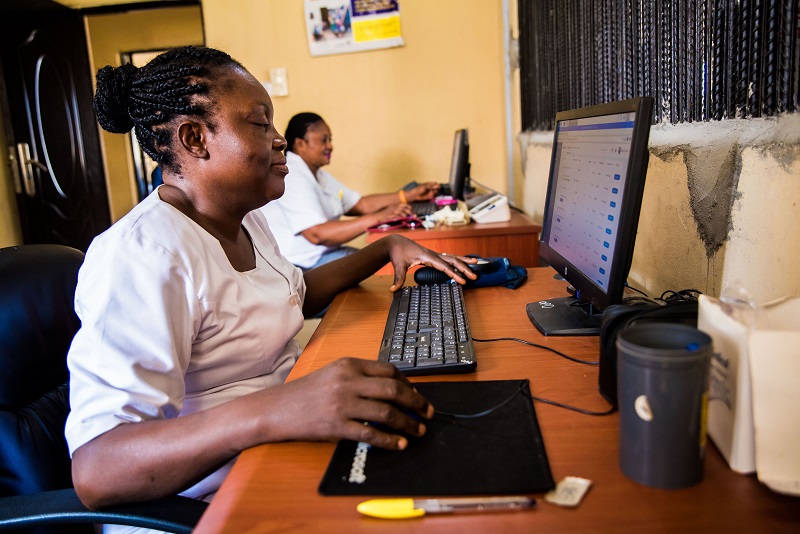Running a hospital is a business. But in Nigeria, and the rest of Africa, health providers struggle to secure external funding. Helium Health wants to fix that.
The Nigerian healthcare industry is a mess. For years, the government has neglected the sector, starving it of crucial capital investments and policy support. In 2020, it will spend a paltry ₦59.9 billion ($165.8 million) as capital allocation to the industry.
This has been the story for a long time. In the last five years, less than 5% [PDF] of the government’s annual budget has gone to healthcare.
“The poor funding of this sector has made many doubt the federal government’s commitment to improved quality healthcare for its citizens despite the growing healthcare concerns in the country,” said civic and analytics company, BudgIT [PDF].
Meanwhile, healthcare is a capital-intensive industry. In 2019, Nigerian households spent ₦2.46 trillion ($6.81 billion) health services, 6% of their total spending. Yet many non-government hospitals struggle with their finances, stay lean and rarely expand. They open shop in one location and are financially constrained from opening new locations or expanding their existing buildings.
“Hospitals don’t grow in Nigeria [and] it’s really sad,” said Adegoke Olubisi, CEO and co-founder of Helium Health, a health-tech startup that digitises medical records for hospitals.
According to a Helium Health survey, more than 57% of private hospitals in Nigeria have never raised financing from external sources. They are bootstrapping, and this is very disturbing. Hospitals, like any business, need new funding to grow or sustain their operations during a financial crisis.
One explanation for this is because they’re not being treated as proper businesses, said Olubisi. “So when they go to a bank for a loan, they can’t provide proper business records,” he said.
This makes it difficult for healthcare businesses to secure loans; especially since many banks have a warped understanding of the true risk profile of the health industry, said an IFC report on the state of healthcare in Africa.
“A hospital is a business; now how do you start a business without funding?”
At Helium Health, Olubisi and his co-founders, Dimeji Sofowora and Tito Ovia, want to solve these problems. The first goal is to digitise hospital records.

Over 90% of African health facilities are operate on paper. With the fragmented nature of the continent’s health care industry, it becomes challenging for patients to access their health profile across different hospitals. Meanwhile, many doctors are forced to rely on patients’ verbal explanation to understand their medical history.
Helium Health’s flagship product is a hospital management information system (HMIS) that electronically stores hospital business records and patient’s information. Over 300 hospitals are using the platform in Nigeria, Ghana and Liberia.
After solving this basic problem of hospital records, the startup wants to solve another problem: finance.
CareCredit, the new tech-powered lending solution for hospitals
Following its recently $10 million funding round, Helium Health is set to roll out CareCredit, a digital loan product for healthcare providers. CareCredit is integrated into the HMIS product, allowing it to understand the revenue and expenses of each hospital on the system.
“[CareCredit] is able to create a credit score for providers and use a machine-learning algorithm to figure out how much of a loan they are able to handle,” Olubisi told TechCabal.

The loans are collateral-free and repayment periods are flexible. On average, hospitals repay loans within three and six months and a loan extension could last up to 12 months.
Olubisi thinks this is “really going to be a gamechanger.”
CareCredit is part of a slew of new services on the Helium Health platform in the last few months. The startup now offers payment, insurance and teleclinic services for healthcare providers and their patients. This is part of an interesting strategy to mine more data from providers and patients.
“Every hospital that we have on our network has to use [our] product end-to-end,” Olubisi said. “That’s one of our requirements; you can’t use some and not use others.”
With providers and public health institutions lacking valuable data, Helium Health wants to avoid this problem by capturing nearly every engagement point providers have with their patients.
“We want you, the patient of a hospital, to have a comprehensive picture of your health profile,” Olubisi explained, “so we can’t have interruptions, it’s very critical to us.”
All that information is available to patients on the MyHelium Patient app, a new superapp for patients to view their medical records, book hospital appointments and order medications.
Following its latest funding round, Helium Health is keen to expand these products to more countries in North Africa, East Africa, and Francophone West Africa.
“We spent time building, strategizing fundraising, and now we’re ready for this next phase,” Olubisi said.
Acquisitions could play a big role in this plan. Over the last three years, Helium Health has acquired three HMIS companies to consolidate its position. “We intend to keep acquiring more health tech companies because we want to own the space across the continent.”





















